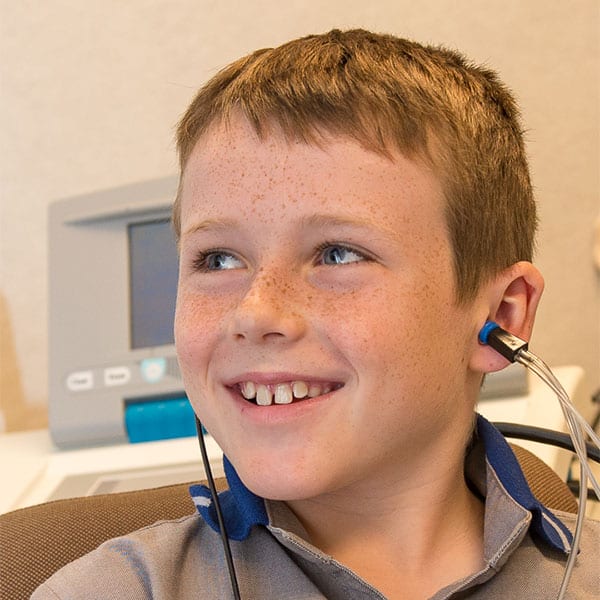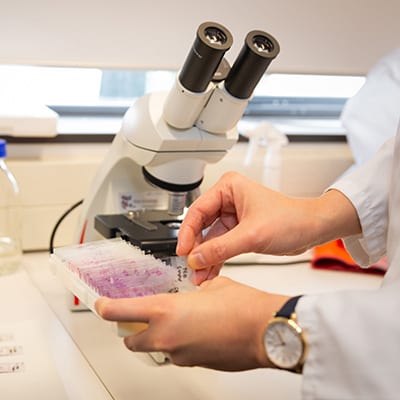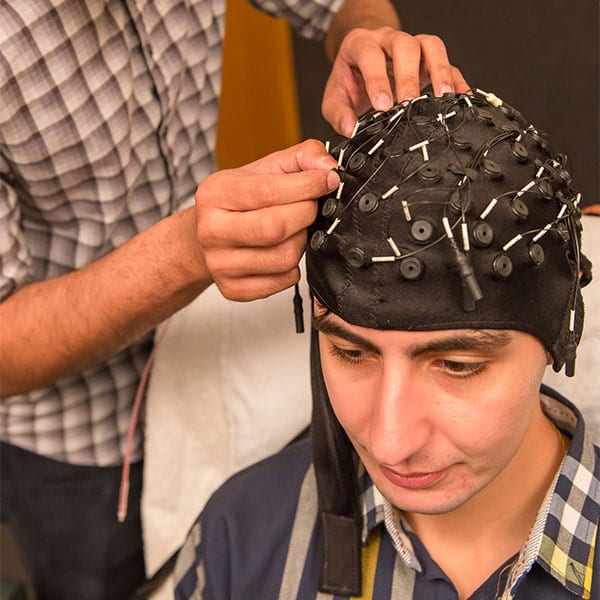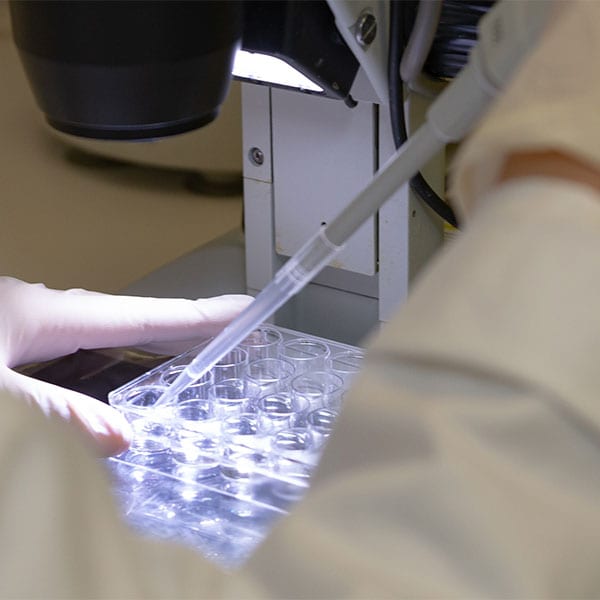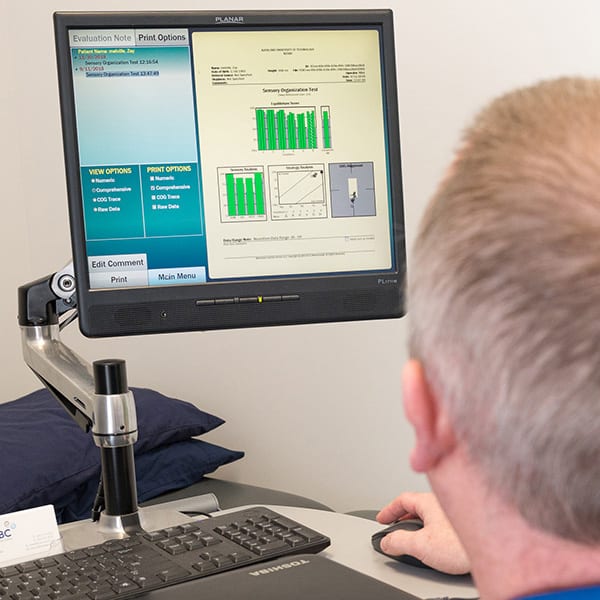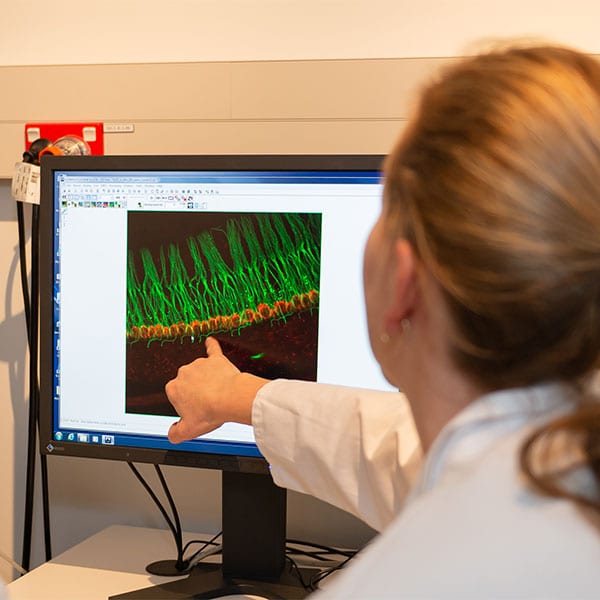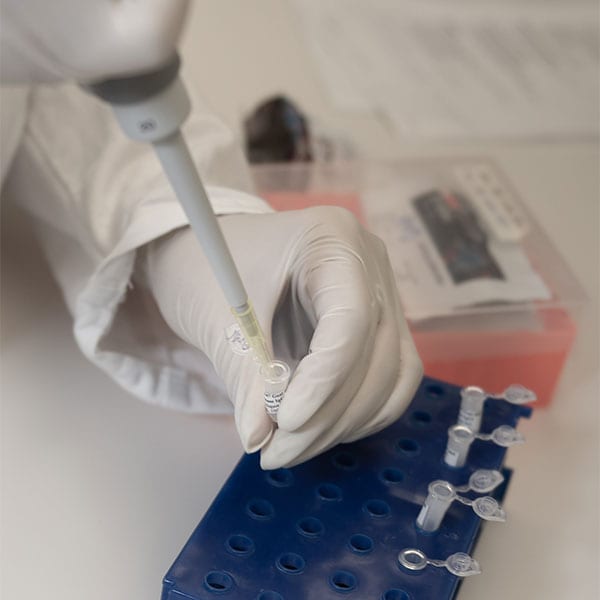Previously awarded grants – 2017
Amblyaudia correction by gain adjustment of remote microphone hearing aids – $45,762 for 2 years
PI: Dr Bill Keith (Sound Skills)
AI’s: Professor Deborah Moncrieff (University of Memphis), Professor Suzanne Purdy (University of Auckland)
Auditory processing disorder (APD) is an underlying cause of learning disorders in thousands of New Zealand children and arises from abnormalities in how the brain processes sound information. Amblyaudia, where one ear dominates input of sound information to the brain and suppresses the input from the other ear, occurs in about half of the children with APD and may underly the disorder, or be part of a broader range of processing issues.
The HRF funded a pilot study in 2016 to ascertain where amblyaudia could be corrected by the fitting of hearing aids. These would deliver changing sound levels to the dominant ear, where initially sound level is reduced, and then gradually increased over a period of weeks to match the sound level received by the non-dominant ear. This remote treatment is different to current strategies, where children must attend audiology clinics.
Initial results were encouraging and this study aims to more rigorously test the effectiveness of remote hearing aids for treatment of amblyaudia. It is hypothesised that this treatment strategy would improve treatment efficiency and reduce treatment costs for children who need both amblyaudia therapy and hearing aids for their APD.
Responses to communication signals in the avian Medial Suprior Olive (n.lamainaris) – $10,550 for 2 years
PI: Dr Fabiana Kubke (University of Auckland)
Understanding how the auditory system is able to process speech signals is of crucial importance for the amelioration of the effects of hearing disabilities on social interactions. Speech is unique among other sounds in that it plays a significant role in social interactions. Songbirds, and in particular zebra finches, have proved to be an ideal animal model for the processing of human speech sounds as the neural mechanisms and neuronal circuits that underlie song learning show many parallels with the neural circuits that mediate speech learning and production in humans.
This study will examine the activity of neurons in the region of the brain that is important for sound localisation. Zebra finches to not perform well when behaviourally challenged to localise sound and their neurons do not exhibit the same features of activity as other animals that perform well on these tasks. It is hypothesised that the activity of these neurons in zebra finches has evolved to allow processing of vocal features of sound. This will provide important insight to how humans process speech sounds.
Disentangling Bottom-Up and Top-Down Aetiologies of Auditory Processing Disorder – $43, 350 for 2 years
PI: Dr. Abin Kuruvilla-Mathew (University of Auckland)
AI’s: Prof. Suzanne Purdy, Prof. Ian Kirk, Prof. Peter Thorne (University of Auckland), and A/P Wayne Wilson (University of Queensland)
Auditory Processing Disorder (APD) is a complex disorder that is unlikely to be purely from dysfunction of parts of the brain that process auditory information. Networks in the brain that facilitate attention also appear to be involved.
The overall goal of this study is to identify if there are deficits in attention networks that contribute to listening difficulties in APD. Activity in these networks in the brain in response to challenging auditory discrimination tasks will be monitored electrically and using brain imaging techniques (fMRI). Children and adolescents with typical or impaired auditory processing will be tested and the central hypothesis is that the subjects with APD will show reduced activation and connectivity of attentional networks than age-matched control subjects.
This study will help develop an important clinical paradigm to evaluate the interactive and individual roles of attentional or cognitive processes during challenging auditory discrimination tasks and will provide strong foundations for improved diagnosis and treatment of auditory processing difficulties in high risk groups such as children.
MiRNA cochlear and blood biomarkers of cochlear inflammation – $50,000 for 1 year
PI: Prof.Peter Thorne (University of Auckland)
AI’s: A/P Srdjan Vlajkovic, Dr Ravi Telang, Prof. Mike Dragunow (University of Auckland), Dr Phil Bird (University of Otago)
When the cochlea, our hearing organ, is damaged, e.g. from noise exposure, cancer drugs, insertion of cochlear implants, inflammatory processes are initiated that may give rise to further injury of the cochlear tissue and lead to greater hearing loss. However, these processes are poorly understood in humans due to an inability to access the cochlear tissue which is encased in bone.
Advances in treatments would be accelerated if biomarkers for cochlear inflammation could be identified in the blood. MicroRNAs (miRNAs) are small molecules that are receiving considerable interest internationally as they regulate many different processes in the body. miRNAs appear to be elevated in plasma after noise exposure or tinnitus in humans and may provide this biomarker for cochlear injury and inflammation.
This project aims to identify changes in expression of specific inflammatory mediating miRNA in cochlear tissues at different stages of inflammation and see if they correlate with blood miRNA levels.
Towards a national animal vestibular function testing platform – $33,508 for 1 year
PI: Prof. Paul Smith (University of Otago)
AI’s: Dr Yiwen Zheng (University of Otago), A/P Srdjan Vlajkovic, Prof. Peter Thorne (University of Auckland)
The vestibular system regulates our balance. Approximately 35% of people aged 40 or over have suffered from some form of vestibular dysfunction and the incidence of vestibular deficits increases with age, reaching almost 50% over the age of 60. The consequences of dysfunction of the vestibular system in humans can be severe and extremely debilitating and in the worst case scenario, people lead very restricted lives, with high rates of anxiety disorders and depression.
Extensive research on the effects of unilateral and bilateral vestibular dysfunction has been carried out in NZ, however we do not currently have a facility that records the vestibulo-ocular reflex (VOR), the most direct measure of vestibular function, in animal subjects. The anticipated growth of animal vestibular research within the Eisdell Moore Centre requires adequate vestibular function testing approaches. The aim of this project is to develop a national testing facility at the University of Otago for the measurement of VOR function in rats and mice, which can then be used in collaborative research with colleagues at the University of Auckland and elsewhere.
Building a foundation for pharmacological therapies of hearing loss: the role of adenosine receptors in regeneration of afferent synapses in the cochlea after excitotoxic injury – $50,000 for 1 year
PI: A/P Srdjan Vlajkovic
AI’s: Prof. Peter Thorne, Dr Shelly Lin (University of Auckland)
Sensorineural hearing loss describes the loss of the sensory receptor cells in the ear as well as the primary auditory neurons that carry sound information from the ear to the brain. This process is associated with noise exposure and aging and recent research suggests that extensive loss of connections between the neurons and the receptor cells is the earliest sign of cochlear damage, which leads to degeneration of the neurons. This impedes transmission of sound information to the brain and presents as complex auditory processing deficits such as difficulties discriminating speech in noisy environments.
Adenosine receptors mediate important neuroprotective signalling pathways and have been proposed as therapeutic targets in a variety of neurodegenerative conditions, including cochlear damage. This study will examine whether adenosine receptor signalling may prevent or repair the loss of connections between primary auditory neurons and the receptor cells in the cochlea. This information would improve our understanding of the molecular basis of sensorineural hearing loss and contribute to improved auditory outcomes for individuals with hearing loss.
A pilot study to identify metabolic network changes in tinnitus patients using metabolomics – $32,000 for 1.5 years
PI: Dr Yiwen Zheng (University of Otago)
AI’s: A/P Grant Searchfield (University of Auckland), Prof Paul Smith (University of Otago)
Tinnitus is a common intrusive auditory disorder, namely, the perception and conscious awareness of sound that is not physically present. Prevalence of tinnitus in NZ is reported as 6% for the total population and 13.5% for people over 65 years. With the increases in the ageing population in NZ, tinnitus is likely to impact an increasing number of New Zealanders in the future.
Tinnitus treatment options are very limited and none of the currently available approaches show benefit following meta-analytic scrutiny. The heterogeneity of this disorder requires an innovative, dynamic approach to improve diagnosis and treatment outcomes. Metabolomics analyses changes in the concentrations of a broad range of metabolites, and could provide biomarkers and treatment targets for tinnitus that is tailored to the patient.
This project brings together tinnitus research experts from Otago and Auckland to identify tinnitus biomarkers in human patients. This proof of concept study will provide evidence for the feasibility of conducting a large scale, multi-centre clinical study to identify tinnitus-causing metabolic networks for patients with different tinnitus profiles.
2017 Travel Grants
Oscar Canete
To attend the 15th Symposium on Cochlear Implants in Children, San Francisco, USA
Dr Juliette Cheyne
To attend the annual meeting of the Australasian Neuroscience Society in Sydney, Australia
Prof. Paul Smith
To visit Caen, France to work with collaborators at the Normandie University
A/P Srdjan Vlajkovic
To attend the annual meeting of the Australasian Neuroscience Society and the Australasian Auditory Neuroscience Workshop in Sydney Australia
Kyla Yamsuan
To attend the annual meeting of the Neuro-otology Society in Sydney, Australia
